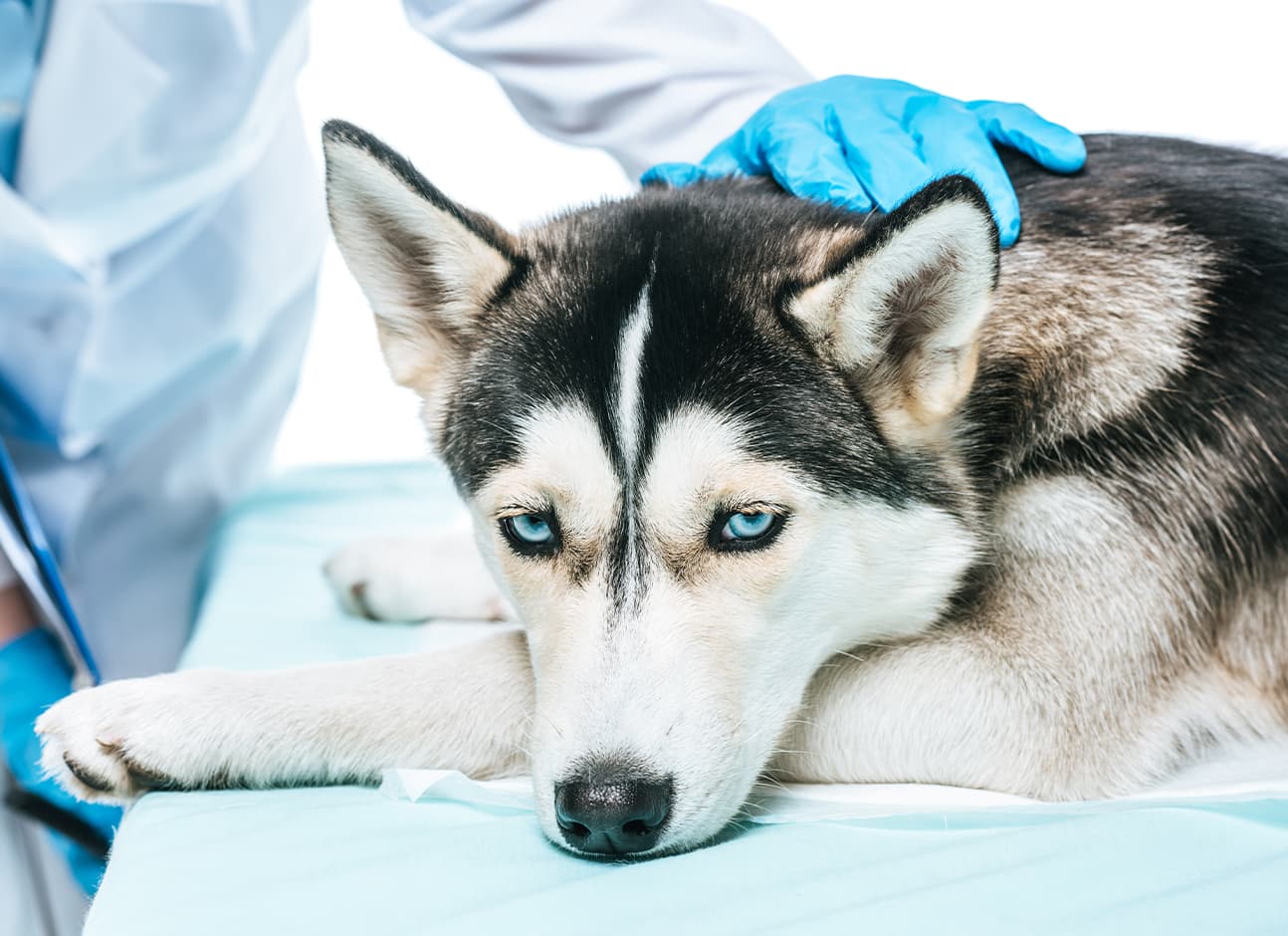Cancer has grown to become a much-dreaded word over the years. Much like in human beings, cancer is also quite common among animals and is one of the leading causes of pet deaths. It has been stated that early detection of canine cancer gives your fur baby a chance to receive appropriate treatment that can help save their life. Some of the common types of cancer in dogs include hemangiosarcoma, mast cell tumor, lymphoma, osteosarcoma, brain tumor, malignant histiocytosis, mammary carcinoma, melanoma, bladder and testicular cancers.
Although cancer can go undetected for a long time, there are a few symptoms that you can look for in order to facilitate early detection and in essence, early treatment. Some signs to look out for include swollen lymph nodes, abnormal swellings (lumps and bumps beneath your dog’s skin), persistent wounds or sores, weight loss, trouble eating or swallowing, loss of stamina, cough, breathing difficulties, reluctance in exercising, appetite changes, trouble urinating, and oral odor (halitosis). If you notice such signs in your dog, you must take them to the veterinarian without further delay.
Diagnosis for canine cancer is made by examining blood samples and x-ray scans. Your veterinarian may also call for ultrasound or MRI scans to confirm diagnosis. Treatment for canine cancer depends on many factors including age, stage of cancer, type of tumor, and your dog’s overall health. Similar to human beings, canine cancer patients also benefit from the major treatments like surgery, chemotherapy, radiation therapy, immunotherapy, and traditional holistic medicine.
While cancer is an unpredictable disease and can happen at any time and to anyone, there are steps that you can take to prevent it among your pets. It is recommended that you spay or neuter your dog, and regularly exercise them to mitigate the risks. Additionally, reducing their exposure to the sun and toxins can also help minimize the chances of your dog coming down with cancer. As established before, early detection can help save your canine friend’s life. This is why it is important to take your dog to the veterinarian for regular health checks and wellness exams.
You can always consult with your veterinarian to know more about canine cancer and the ways in which you can help your dog lead a long and fulfilling life.
Invest in your pet’s health and happiness. Find out everything you need to know about our Wellness Exams now!
